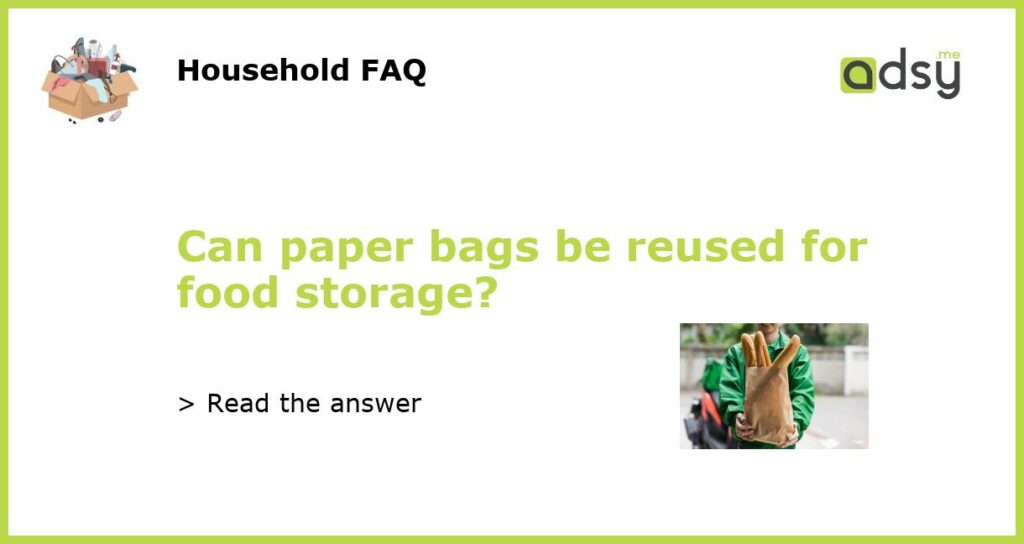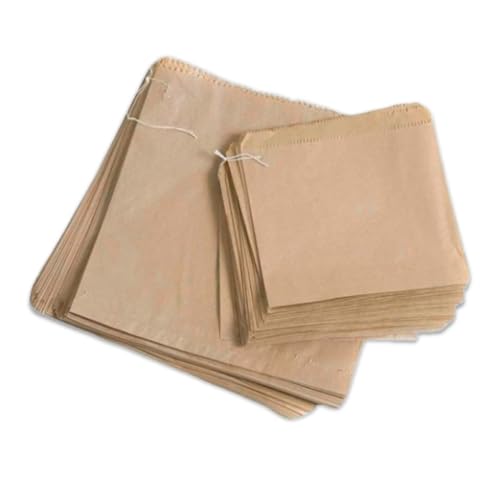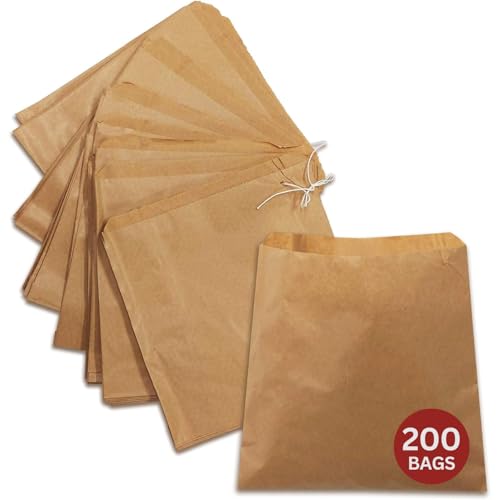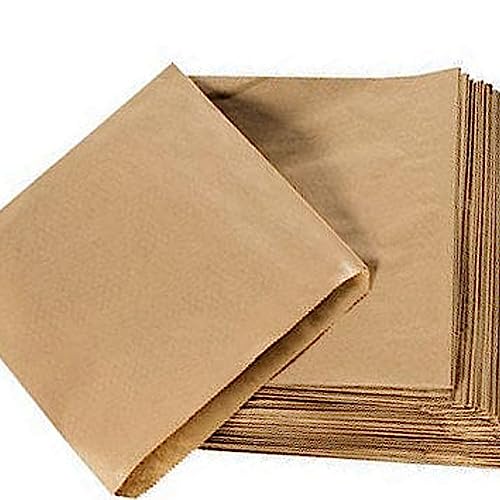The Benefits of Reusing Paper Bags for Food Storage
Paper bags have long been used for carrying groceries and other items, but can they be reused for food storage? The answer is yes! Reusing paper bags for food storage can have several benefits.
Paper bags are biodegradable and recyclable, making them an eco-friendly choice for food storage. When you reuse a paper bag instead of throwing it away, you are helping to reduce waste and minimize your environmental impact. Additionally, reusing paper bags can help save trees, as fewer new bags need to be produced.
Furthermore, paper bags are free of harmful chemicals such as BPA that can be found in some plastic bags. This makes them a safe and non-toxic option for storing food. Unlike plastic bags, paper bags do not release harmful toxins into the food or the environment.
Properly Preparing Paper Bags for Food Storage
Before reusing a paper bag for food storage, it is important to ensure it is clean and free from any contaminants. Here are some tips for properly preparing paper bags:
1. Remove any crumbs or residue: Shake out the bag to remove any crumbs or food particles that may be stuck inside.
2. Inspect for mold or pests: Check the bag for any signs of mold or pests. If you see any, discard the bag immediately.
3. Wipe down the bag: Use a damp cloth or sponge to wipe down the inside of the bag. Avoid using soap or chemicals, as these can leave behind residues that may affect the food.
4. Allow the bag to air dry: After wiping down the bag, allow it to air dry completely before using it for food storage.
Ideal Uses for Reusing Paper Bags in the Kitchen
There are several ways you can reuse paper bags for food storage in the kitchen. Here are some ideal uses:
1. Fruits and vegetables: Paper bags can be used to store fruits and vegetables. They help absorb excess moisture, which can help prolong the freshness of the produce.
2. Bakery items: Use paper bags to store bread, pastries, and other bakery items. The breathable nature of paper bags helps prevent moisture buildup, preventing the items from becoming stale.
3. Dry pantry goods: Paper bags can be used to store dry pantry goods such as rice, beans, and pasta. They help protect the items from moisture and pests.
4. Lunch bags: Fold a paper bag into a makeshift lunch bag for carrying sandwiches, snacks, and drinks. They are lightweight and easy to transport.
Tips for Maximizing the Reusability of Paper Bags
To make the most out of reusing paper bags for food storage, here are a few tips:
1. Avoid using paper bags for wet or oily foods: Paper bags are porous and can absorb moisture and oils. Avoid using them for wet or oily foods as this can weaken the bag and make it less reusable.
2. Store food in airtight containers: To further protect the food and extend its shelf life, consider placing it in airtight containers before placing it in the paper bag.
3. Rotate bags to prevent wear and tear: Paper bags can become worn and torn over time. To maximize their reusability, rotate the bags you use for food storage to minimize wear and tear on each bag.
4. Keep the bags in a cool, dry place: Proper storage of the paper bags can help extend their usability. Store them in a cool, dry place away from direct sunlight and extreme temperatures.
When to Dispose of Paper Bags
While paper bags can be reused for food storage, there will come a time when they need to be disposed of. Here are some signs that it’s time to dispose of a paper bag:
1. Significant wear and tear: If the bag becomes excessively worn, torn, or damaged, it may no longer be suitable for food storage. Dispose of it properly and replace it with a new bag.
2. Contamination: If the bag becomes contaminated with mold, pests, or any other harmful substances, it should be discarded immediately.
3. Strong odors or stains: If the bag retains strong odors or stains that cannot be removed, it is best to dispose of it and use a new bag for food storage.
Remember to always recycle paper bags when they are no longer suitable for reuse. Recycling helps ensure that the materials are repurposed and reduces waste sent to landfills.






